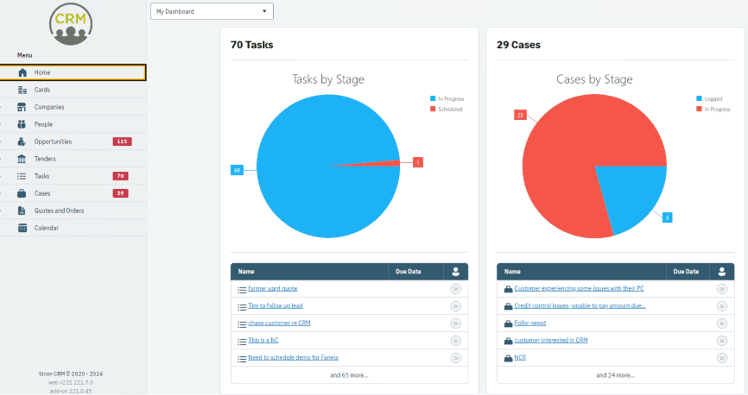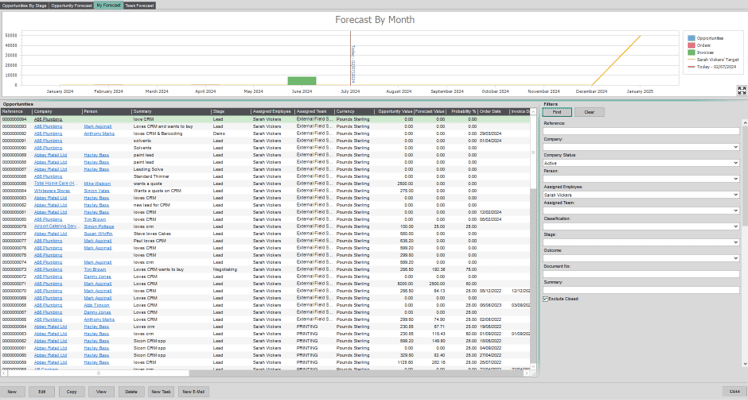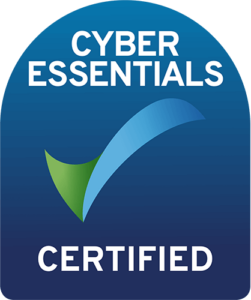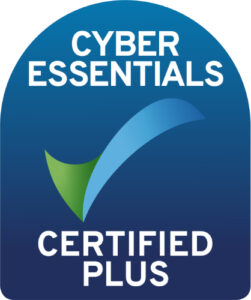Thinc insights
Sage 200 is one of the leading ERP systems for SMEs. Thanks to Sicon CRM, it can also offer you fantastic customer relationship management capabilities that complement its core features.
Chances are, if you’ve worked in a customer facing business, you’ll be familiar with a customer relationship management (CRM) tool. You may also have worked with an Enterprise Resource Planning (ERP) system, such as Sage 200.
Both types of applications allow for better customer intelligence or data-driven decision making, but to truly get the best out of both solutions, a CRM and an ERP need to complement each other.
Integrating the two presents your business with an opportunity – it’s a step forward from just having good systems. When systems aren’t integrated, it can bring challenges to a business. Take a disconnected system leading to an impact on supply chain, for instance. Order management takes longer due to disconnected systems, which leads to a delay in order creation, which damages the relationship with the customer and, ultimately, revenue. Customer service is also a good example of ‘disconnection debt’; customer billing or onboarding is slower, meaning lengthier delivery times and a negative customer experience, which again can impact reoccurring revenue.
In this blog, we’ll explore the purpose of a CRM, before assessing some of the best options out there for UK small and medium-sized enterprises (SMEs) when it comes to integration with Sage 200, so you can deliver the highest level of service to your customers. We’ll pick out our choice selections, and why they could be right for your business.
A CRM helps SMEs manage interactions with customers, while having the data available to them to streamline sales processes and improve overall efficiency. It brings everything together, where all the information needed for sales, projects or operations to provide the best customer experience possible is centralised. Here’s how SMEs benefit from a well-managed CRM:
Improved sales and lead management – track leads and sales opportunities much easier. You can check previous email chains and call notes, so that you have all the information needed for that next call. A good CRM will also allow for automated follow-ups and reminders, so sales representatives can properly manage prospects and customers through the sales cycle.
Increased efficiency and automation – Not only can email follow ups and marketing sequences be automated but also invoicing and other necessities. At the click of a button, a fully composed invoice can be sent to the desired customer.
Better reporting and insights – Drawing on the real-time data within CRM, dashboards for reporting and insights can be built in minutes. These can be used to spot inefficiencies in a process, or to measure KPIs of a sales team.
Integration with other business areas – A good CRM should be able to integrate with existing software, modules and other business applications that are in use at an organisation.
Scalability for growth – As a business grows, it’ll have more customers, more orders and more staff. A CRM helps to tie all of that together.
For SMEs that are using ERPs like Sage 200, integrating with a CRM ensures data sharing between sales, projects, operations and finance is seamless. With things considered, let’s look at CRM options for Sage 200 in a bit more detail.
Yes. It has Sage CRM as a built-in module, purpose built for customer and contact management, sales and pipeline tracking, customer service and integration with Sage 200 Accounts, which allows for connecting financial data with customer interactions for that complete view.
Alternatively, there are CRMs on the market that integrate with Sage 200. Take Sicon CRM, for instance. It’s designed specifically for Sage 200 users, with integration and seamless data flow between ERP and CRM in mind. That bespoke integration helps to tie customer service, finance and operations together and, given our long-lasting relationship with Sicon, we’re one of the best for offering support when it comes to creating a tailored solution to meet your exact business needs.
Aside from integrating with Sage 200, Sicon CRM also integrates with the rest of the Sicon suite. As one of the leading producers of Sage 200 module addons, Sicon has a rich history in making you do more with your existing solution, through modules such as Barcoding & Warehousing, Projects and Cashflow. If you’re already using Sicon modules across your business, Sicon CRM can access and share that data, maximising output of the Sicon modules you already have while improving overall efficiency.

What’s more, with Sicon CRM, you’ll benefit from an easy-to-use interface that’s familiar. Designed to work within Sage 200, the learning curve is reduced, and users won’t have to switch between multiple platforms. There’s also no additional licensing costs for an external CRM; since it’s part of the Sicon suite for Sage 200, businesses save money compared to integrating with third-party CRMs like Salesforce or HubSpot.

Sage CRM is a really strong option if you need the advanced features of an out-of-the-box CRM. It’s highly configurable and capable. That said, it’s often too big for the most common requirements of an SME. It takes longer to implement than Sicon CRM, and it is more expensive, with costs of ten days of implementation often reaching above £9,000.
Sicon CRM doesn’t offer the same depth of capability but is usually enough for what a UK SME would need. Licences start at only £16 a user per month and implementation typically between 3 to 4 days, making it a much more cost-effective option for SMEs managing tighter budgets.
In addition, to have the full benefits of integration with Sicon modules that you may already be using in Sage 200, it’s Sicon CRM that helps to leverage data from other Sicon modules and offers the most rounded capability.
From our experience here at Thinc, dealing with many UK SMEs that already use Sage 200, they’ll usually have a number of Sicon modules bolted on to their ERP. When this is the case, and they’re in the market for a CRM, we’d recommend Sicon CRM as it’s the ideal complement to those existing Sicon modules that are already in their current setup.
At Thinc, we have a long track record of helping businesses to find the most efficient and integrated ways of working. As well as our 30+ years of working with SMEs, our long-lasting relationship with Sicon means that we can work to create the most bespoke solution, tailored to address your business needs. Should you wish to learn more about ERPs, CRMs, bespoke integrations or all of the above, start the conversation with us today.
Related Topics
Exploring CRM options?


Enter your details into the contact form below, and one of our experts will be in touch to arrange a time to speak.
If you’re an existing customer looking for support, please e-mail servicedesk@wearethinc.com, or visit our support page where you can download our remote support apps.